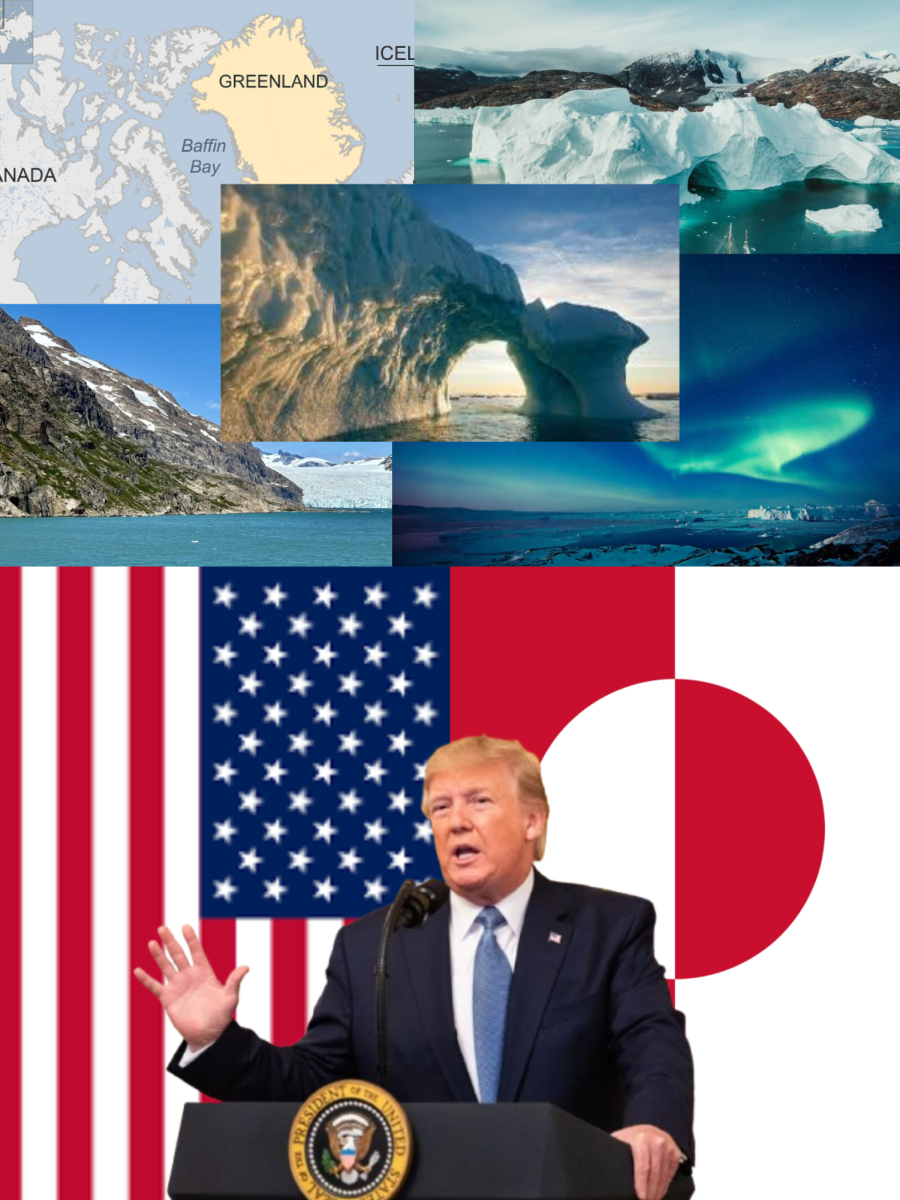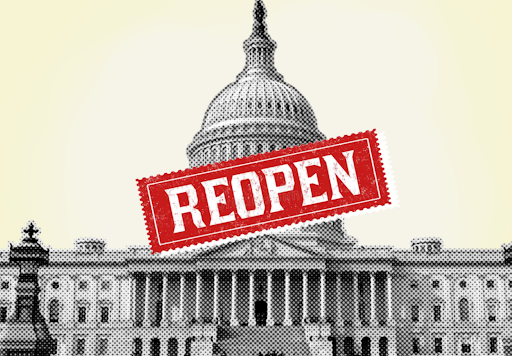Pope Francis, born Jorge Mario Bergoglio in Buenos Aires, Argentina, died the day after Easter on Monday, April 21 at 88. His funeral was held on April 26, bringing both religious and non-religious people together to celebrate his profound legacy of humility, inclusivity, and tremendous piety. He was the first Latin American and Jesuit Pope and left a lasting impact after his 12 years of papacy. His mission since his election in 2013 was to steward marginalized communities and promote social justice.
Born December 17, 1936, Jorge Mario Bergoglio was the oldest in a family of Latin Italian immigrants. He spent weekends growing up attending matches played by the San Lorenzo soccer club and attending Mass with his grandmother Rosa, whom he credits with teaching him how to pray. At 17, he received his religious calling while at confession and when reflecting back on that moment said, “I don’t know what it was, but it changed my life…I realized that they were waiting for me.” He began his religious life at a diocesan seminary but switched to a Jesuit order in 1958 as he felt called to its missionary work. According to AP News, on December 13, 1969 at the age of 32 “he was ordained a priest and, in 1973, he was named the head of Jesuits in Argentina.”
As a young man, he had a severe respiratory infection, resulting in the removal of part of his right lung. Because of his poor health, he was unable to become a missionary. These health problems were what made his pneumonia in February so serious. He spent 38 days hospitalized and passed away from a stroke that led to a coma and subsequent heart failure
Pope Francis made his last public appearance a day before his passing to bless thousands in a crowd for Easter Sunday. The next day, “at 7:35 [in the] morning, the Bishop of Rome, Francis, returned to the home of the Father. His entire life was dedicated to the service of the Lord and of his Church,” said Cardinal Kevin Farrell.
Francis spent his papacy advocating for social change and being the face of Jesus to all who surrounded him. He was a progressive Pope promoting awareness of climate change and defending minorities marginalized throughout the world. His mission of grace and collaboration could be seen through his many actions. In March 2020, he said, “We have realized that we are on the same boat, all of us fragile and disoriented,” saying that the pandemic showed the need for “all of us to row together, each of us in need of comforting the other.” He also heavily stressed the idea of mercy and the importance of human life. According to AP News, he changed the church’s position on the death penalty and called the possession of nuclear weapons “immoral.”
Francis was also the first elected religious official to welcome the LGBTQ+ community and those who felt ostracized by a church that had previously stressed tradition over God’s unconditional and unwavering love for his people. In 2023, he emphasized the need to end laws and attitudes that criminalize homosexuality, stating, “Being homosexual is not a crime,” and openly asking, “Who am I to judge?” when questioned about a homosexual priest, Francis never allowed the consecration of same-sex marriage, but he did allow the blessing of homosexual individuals, urging people to love the sinner unconditionally.
Pope Francis also took a massive step in increasing the number of women in important roles in the church and allowed them to be leaders in their religious communities. In the Synod Assembly in 2024, he let women vote in important Vatican meetings. Sister Nathalie Becquart said his legacy was a “vision of a church where men and women exist in a relationship of reciprocity and respect.” While Francis did not allow the ordination of women, the change in voting regulations emphasized that the church should be a refuge for everyone. Farrell, the Vatican Camerlengo, believed that “For Pope Francis, (the goal) was always to extend the arms of the church to embrace all people, not to exclude anyone.”
Pope Francis named himself after St. Francis of Assisi, a saint known for his simple nature and care for the oppressed. In a similar manner, Francis constantly demanded that his bishops be merciful, graceful, and charitable and pressed them to protect God’s creation. This belief that the earth is sacred and we need to protect it from climate disaster was prevalent in his document the Laudato si’ which was created to care for our “common home.” The document begins by saying that “our common home is like a sister with whom we share our life and a beautiful mother who opens her arms to embrace us. Praise be to you, my Lord, through our Sister, Mother Earth, who sustains and governs us, and who produces various fruit with coloured flowers and herbs.”
There is no doubt that Pope Francis was an exceptionally special person whose legacy will be felt throughout generations. His death is felt as a tremendous loss in the Catholic and non-religious communities and it is certain that whoever is chosen as the next pope will have grand shoes to fill.
So what happens now? The conclave to choose Pope Francis’s successor will begin on May 7 in the Sistine Chapel. Only cardinals under the age of 80 can vote and the conclave currently has 135 electors. A new pope must receive a two-thirds majority, and the voting will be repeated up to four times a day up to twenty-six times. The process is extremely secretive. All involved are isolated and if any information gets leaked, it could lead to a cardinals’ excommunication from the church. When a pope is elected, white smoke signals the decision, and the new pope is introduced with the phrase “Habemus Papam.”


